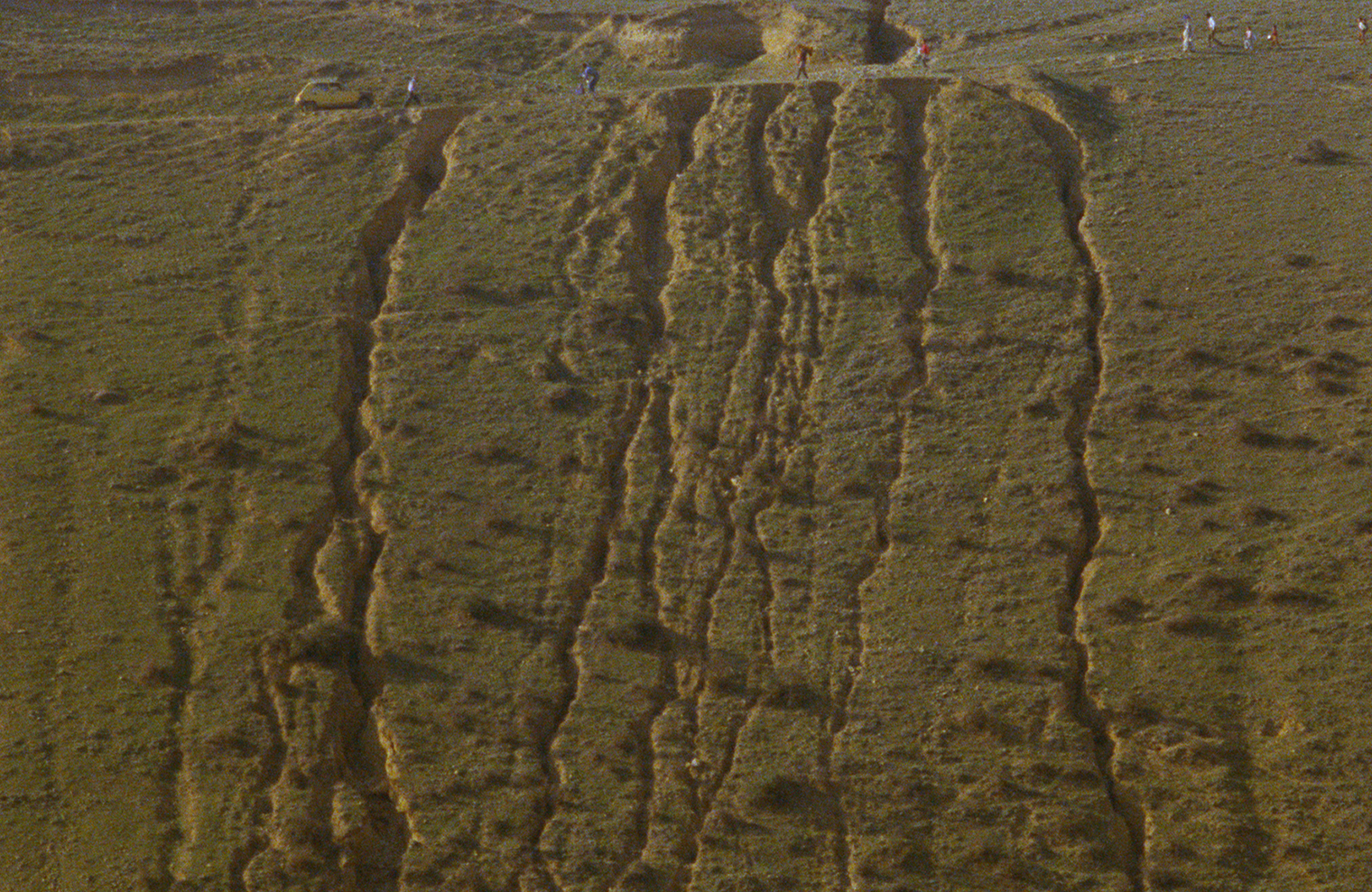Courtisane festival 2023
- MINARD, SPHINX CINEMA, KASKCINEMA, PADDENHOEK - GHENT
“Every voyage is the unfolding of a poetic,” says Trinh T. Minh-ha. The departure, the crossing, the landing, the wandering, the discovery, the possible return and, finally, unsuspectedly, the transformation. The voyage is what takes us physically from one place to another according to a mapped-out movement, but it is also what sends us down uncharted paths and allows us to discover indeterminate places. Travel is commonly regarded as what makes us find the same by moving to the other, but it is also what can make us discover the other in the same. Suddenly, everything secure and fixed is shaken, the boundaries between here and elsewhere blur, the contours of the self lose all hold.
“The real find is being between things,” says Robert Kramer. Here and there, documentary and fiction, inside and outside: from one category to another, the only way to survive is to refuse. Refuse to become an integral element. Refuse to allow names and identities to be consolidated. Refuse to be petrified. Keep moving. Keep resisting the naturalisation and homogenisation of ‘home’ as an indisputable point of reference on whose authority one can unwaveringly rely. Never settle for stability, of language, of representation, of presence. Nothing remains unmoved; everything that seems defined and determined dissolves along the way, into the in-between.
The in-between runs like a thread throughout this festival programme. It is not only central to the work of Trinh T. Minh-ha and Robert Kramer, who each in their own way resist any form of compartmentalisation by repeatedly rearranging and shifting established boundaries, including their own. It’s also the fundamental theme of the programme The Murmur of the World, a selection of cartographic fictions that accommodate a multitude of territories, voices, languages and possibilities of life that offer contrarian perspectives on what ‘togetherness’ can mean.
The themes ‘on the road’ and ‘in between’ also make themselves felt in new works by the likes of Fairuz Ghammam, Lisa Spilliaert, Alia Syed, Collectif Faire-Part, Sylvain George and Rebecca Jane Arthur, who question the dichotomies between here and there, home and elsewhere, inside and outside, thereby contributing to an understanding of the impossibility of defining an ‘authentic’ cultural identity. As words like ‘identity’ and ‘community’ colour many an agenda, perhaps it does not hurt to see how thoroughly hybrid historical and cultural experiences are, or how radically they develop within seemingly conflictual and incompatible domains, beyond territorial and disciplinary boundaries, at odds with policy-oriented logics and nationalist tendencies. To recognise that ‘the other’ is never only to be found over there, elsewhere and outside of ourselves, but also always over here, between us, part of us.

